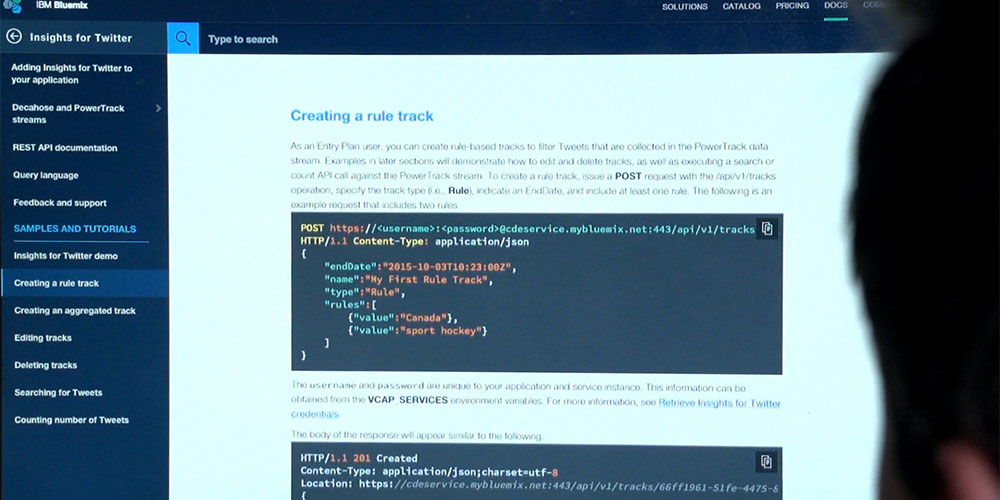New IMC initiatives connect insights from consumer data

Medill IMC has recently developed two initiatives to advance research and give students deep skills in using technologies and analytics for marketing communications. The Omni-Channel Initiative and the Retail Analytics Council further establish the IMC program in leading insight and analysis into customers, purchase behavior and marketing solutions. Faculty and students conduct research studies and class projects in utilizing digital marketing suites, leveraging social media monitoring tools and conducting predictive analytics. Through advanced coursework, IMC graduate students can earn a certification in IBM digital and social media products to differentiate themselves in the job market.
Medill IMC formed the Retail Analytics Council (RAC) in partnership with the Platt Research Institute to study consumer shopping behavior across retail platforms. The initiative seeks to provide an understanding of how consumers shop and make purchases online and in stores, and how new technologies influence buying behavior.
“The RAC is about seeking understanding of online and in-store shopping behavior data and analytics through research,” said Frank Mulhern, IMC associate dean and director of the RAC program.
The council is currently conducting research on loyalty programs, in-store shopper behavior and the impact of marketing stimuli on purchase decisions. The council hosted its first event on June 10 and 11 featuring 50 attendees from retailers, retail technology firms and universities.
Medill’s other venture into real-time marketing is the Omni-Channel Initiative, developed in response to the rise of omni-channel marketing, a major trend that’s forced marketers to develop personalized messaging and deploy those communications across channels. Medill’s initiative allows graduate and undergraduate students and faculty to work together with outside companies like IBM to address real-time digital communications challenges.
“We combine Big Data analytics and insight-driven marketing to develop omni-channel communications across social, mobile, web, retail and traditional media,” said Randy Hlavac, lecturer and director of the initiative. “In this digital world, consumers want real-time marketing sensitive to them. Our vision is for our students to be the ones on the forefront, testing new databases that will pull and synthesize quality insights on customers from multiple channels at once.”
IMC students work directly with IBM to develop marketing communications using nearly $6 million of the company’s software, social monitoring systems and marketing customization databases since 2013. These real-time marketing systems are one-stop shops for marketers; they combine information such as facial recognition data, mobile device data and artificial intelligence to tell a truer, more cohesive story about a particular customer. Information pulled from this software will be used by companies to develop more effective marketing communications and better measure communication effects. This software is also being integrated into the IMC curriculum.
Today’s consumers demand relevant communications whenever, wherever, using whatever media they desire. Through these two initiatives, Medill students and faculty are helping marketers better understand how to use the digital technologies of the future to successfully engage with their customers.
This article was also featured in the fall issue of our Medill Magazine.

